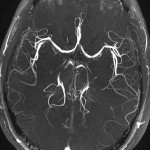 Coronary CT angiography may be better than stress testing alone as a diagnostic tool for patients presenting with chest pain, according to the SCOT-HEART investigators.
Coronary CT angiography may be better than stress testing alone as a diagnostic tool for patients presenting with chest pain, according to the SCOT-HEART investigators.
Subsequent invasive angiography was less likely to show normal coronary arteries in patients diagnosed with coronary CT angiography results in lieu of stress testing data (0.96% versus 2.70% with stress testing, hazard ratio 0.39, 95% confidence interval 0.23-0.68). This group was also more likely to have confirmed obstructive coronary artery disease (CAD, 13.65% versus 11.10%, HR 1.29, 95% CI 1.08-1.55).
In addition, coronary CT angiography led to more use of preventive therapies (13.65% versus 3.57%, HR 4.03, 95% CI 3.12-5.20), David E. Newby, MD, of University of Edinburgh in the U.K., and colleagues reported online in the Journal of the American College of Cardiology.… [Continue Reading]
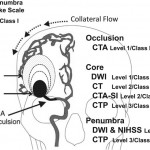
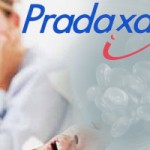
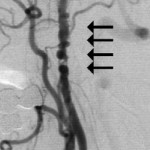
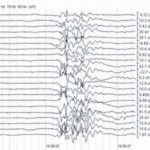 Stroke is a common, potentially devastating disease with potential high morbidity and mortality. Recognition at the onset of acute ischemic stroke is pivotal to changing outcomes such as intravenous thrombolysis. Stroke monitoring is a burgeoning field with various methods described and newer devices that aid in detecting acute or worsening ischemia that can lead to improved bedside and intensive care unit management. This article describes various methods of bedside stroke monitoring including newer techniques of intracranial pressure monitoring using the pressure reactivity index and compensatory reserve index to detect changes in autoregulatory states, noninvasive intracranial pressure monitoring, quantitative EEG with alpha–delta ratio, transcranial Doppler, methods of arteriovenous brain oxygen monitoring such as jugular venous oxygen and near-infrared spectroscopy, invasive brain oxygen probes such as LicoxTM (brain tissue O2), cerebral blood flow probe (CBF HemedexTM) and cerebral microdialysis.
Stroke is a common, potentially devastating disease with potential high morbidity and mortality. Recognition at the onset of acute ischemic stroke is pivotal to changing outcomes such as intravenous thrombolysis. Stroke monitoring is a burgeoning field with various methods described and newer devices that aid in detecting acute or worsening ischemia that can lead to improved bedside and intensive care unit management. This article describes various methods of bedside stroke monitoring including newer techniques of intracranial pressure monitoring using the pressure reactivity index and compensatory reserve index to detect changes in autoregulatory states, noninvasive intracranial pressure monitoring, quantitative EEG with alpha–delta ratio, transcranial Doppler, methods of arteriovenous brain oxygen monitoring such as jugular venous oxygen and near-infrared spectroscopy, invasive brain oxygen probes such as LicoxTM (brain tissue O2), cerebral blood flow probe (CBF HemedexTM) and cerebral microdialysis. Ischemic Stroke Guidelines released at the end of January 2013.
Ischemic Stroke Guidelines released at the end of January 2013.